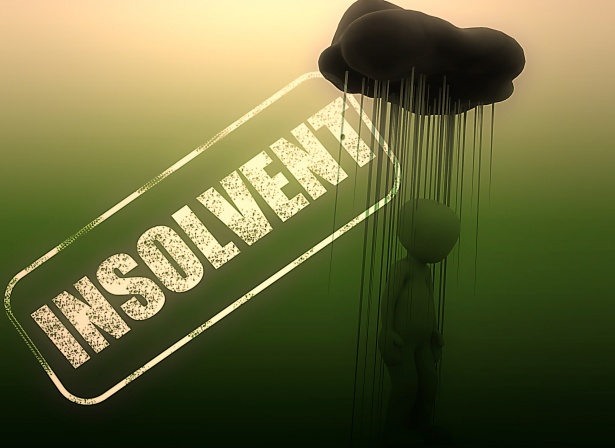
A recent article by Mark Glennon of Wirepoints states that turning Illinois around is vital to the national economy. Illinois is a drag on the national economy, and the state’s GDP has lagged the nation’s significantly for ten years. According to Glennon, “A federal bailout is happening automatically, at least in a small sense, in the form of food stamps, housing assistance, Medicaid and similar programs. A fresh start for Illinois would reduce its federal tab for those costs and grow Illinois’ tax base for federal revenue.”
For a state to formally go bankrupt, the U. S. Congress would have to pass legislation enabling that. In Illinois’ case, Glennon thinks Congress would.
David Skeel, a law professor at the University of Pennsylvania who also serves on Puerto Rico’s oversight board wrote that the “constitutionality of bankruptcy-for-states is beyond serious dispute.”
Congress would only be offering states the option of using bankruptcy, just as it has already done for municipalities; nothing would be forced on states.
As for the left’s fear that the power of bankruptcy would reduce pension payments, the Bankruptcy Code would not be expanded “as is” to states. Changes would be made on which all sides could find common ground. For example, a bankrupt government can opt to keep or renegotiate whatever labor contracts it has.
As for bondholders, says Glennon, one should “shed no tears for existing bondholders. They took the risk that bankruptcy law could be changed to impact them.”
“It’s becoming clear that there is no long-term alternative,” said Jim Tobin, president of Taxpayers United of America (TUA). “As Glennon points out, “This isn’t about whether bankruptcy is a good option. It’s about whether it’s the only option.”
“Illinois is functionally bankrupt,” said Tobin, “and the cause is runaway government employee pensions with unfunded liabilities so huge that it is mathematically impossible for the state and its municipalities to tax their way out of this financial black hole.”
“Illinois is the nation’s extreme outlier when it comes to pension shortfalls. The state has a $241 billion shortfall in its five state-run pension funds. Illinois’ pension shortfalls equal 28 percent of the state’s GDP. Illinois’ death spiral gets worse and worse, and bankruptcy for the state looks more and more desirable.”
“While we’re waiting for this drastic measure, the state of Illinois can help its citizens by passing a law to enable all local governments to declare bankruptcy. It also should cut state taxes to stimulate its sluggish economy.”







